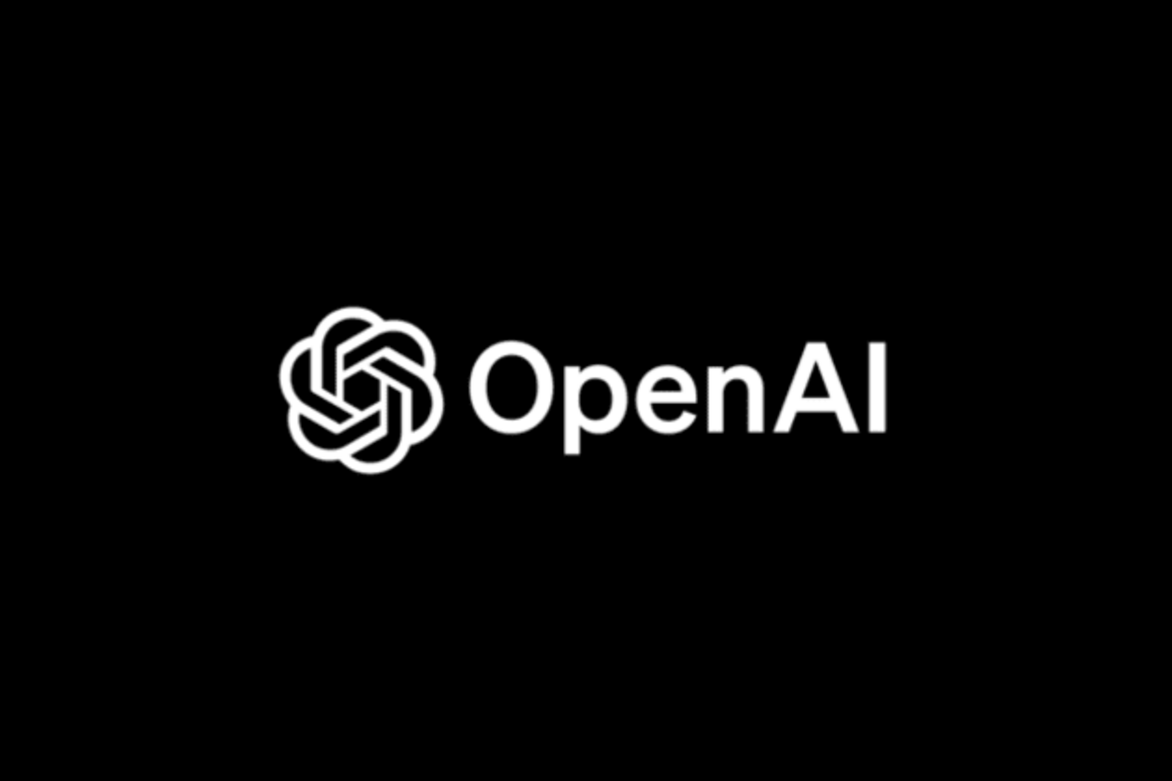OpenAI turns to Google for compute power in surprise deal
Anabelle Colaco
13 Jun 2025

SAN FRANCISCO, California: In a move that highlights how the demand for compute power is reshaping the AI industry, OpenAI has signed a deal with rival Google to use its cloud infrastructure, according to three sources familiar with the matter.
The agreement, finalized in May, adds Google Cloud to OpenAI's growing list of compute partners—even as the two companies compete fiercely in generative AI.
The collaboration reflects OpenAI's ongoing efforts to diversify its compute resources beyond Microsoft, which remains a major backer and infrastructure provider. Google Cloud will now supply additional capacity to support OpenAI's AI model training and deployment, the sources said.
OpenAI, Google, and Microsoft declined to comment.
The arrangement is notable given the competitive tension between the two companies. OpenAI's ChatGPT has emerged as a serious challenger to Google's dominance in search, prompting the tech giant to double down on its own AI efforts. Google executives have recently acknowledged that the AI race may not be "winner-take-all."
Since the launch of ChatGPT in 2022, OpenAI has faced massive demand for computing power—both for training large language models and for inference, the process that allows end-users to interact with those models. On Monday, OpenAI said its annualized revenue run rate had climbed to US$10 billion, underscoring the business potential of AI adoption.
The deal with Google adds to a series of strategic infrastructure moves by OpenAI. Earlier this year, the company partnered with SoftBank and Oracle on a $500 billion infrastructure initiative called "Stargate," and signed multi-billion-dollar agreements with CoreWeave for compute access. OpenAI is also developing its own AI chips to reduce long-term dependency on external hardware vendors.
Until earlier this year, Microsoft's Azure was OpenAI's exclusive cloud partner. However, since January, OpenAI has been exploring ways to reduce its reliance on the tech giant. Talks with Google had been underway for months but were reportedly delayed due to exclusivity constraints in OpenAI's existing contract with Microsoft. Those terms are currently being renegotiated, including the size of Microsoft's future equity stake in OpenAI.
For Google, the OpenAI deal represents a win for its cloud division and its homegrown tensor processing units (TPUs). These chips were once reserved for internal use but are now being offered to outside customers, including Apple and AI startups like Anthropic and Safe Superintelligence.
Adding OpenAI to its client list further boosts Google's pitch as a neutral cloud provider, competing against Amazon and Microsoft for the business of AI firms with heavy infrastructure needs. Google Cloud made up 12 percent of Alphabet's revenue in 2024, generating $43 billion in sales.
But the deal also introduces new tensions. Selling computing power to a rival like OpenAI could strain Google's already tight chip supply and force CEO Sundar Pichai to juggle capacity between internal needs and external clients. Google CFO Anat Ashkenazi acknowledged last quarter that the company was already struggling to meet cloud demand.
Despite ChatGPT's dominance among chatbot users, Pichai has downplayed the idea that OpenAI poses an existential threat to Google's core businesses.
